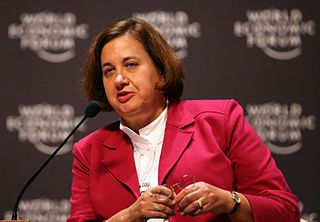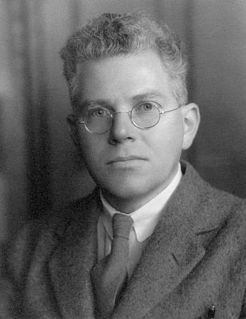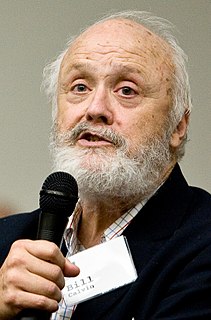A Quote by Nathan Myhrvold
Nuclear energy is a baseload - meaning it's power that you can run any time you want, day or night - and carbon-free.
Related Quotes
There's no free lunch. If you want an industrial economy, you need energy. If you want energy, it will produce pollution. You can have it in two forms. You can have it dissipated in the atmosphere - like carbon dioxide - which then you cannot recover, or you can have the waste concentrated in one small space like nuclear. That is far easier to deal with. The idea that you can be able to create renewable energy at a price anywhere near the current price for oil or gas or coal is a fantasy.
I'm not against international institutions that would try to tackle global warming. But the way to go, at least in the short run, is to go to nuclear power. It's amazing to me that people who are so alarmed about global warming are so reluctant to adopt the obvious short-term solution - the bridge until the day when we have affordable renewable energy - of nuclear power.
I, who had been in favour of nuclear energy for generating electricity ... I suddenly realised that anybody who has a nuclear reactor can extract the plutonium from the reactor and make nuclear weapons, so that a country which has a nuclear reactor can, at any moment that it wants to, become a nuclear weapons power. And I, right from the beginning, have been terribly worried by the existence of nuclear weapons and very much against their use.
I know we need more nuclear power in order - nuclear power, after all, is not dependent on fossil fuels and emits no greenhouse gases. I believe we're going to be able to have coal-fired plants that have zero emissions. We need to work on carbon sequestration technologies. I mean, there's a lot we can do together and achieve the objective, which a lot of people want, which is the reduction of greenhouse gases, and at the same time, have viable economic growth.
The first thing we can do as individuals and as communities, like a school or a university or a church, is cut our energy use. Do an energy audit or measure our carbon footprint using online carbon calculators that are free, easy, and cheap. Get a list of the ways that we can stop wasting so much energy and save money.
We have been developing an ever closer relationship with China on climate change for many years which has led to collaboration on carbon trading, offshore wind development, on low-carbon buildings, on nuclear energy, and on carbon capture and storage - to name just some of the ways in which we're working together.
This revolution, the information revoultion, is a revolution of free energy as well, but of another kind: free intellectual energy. It's very crude today, yet our Macintosh computer takes less power than a 100-watt bulb to run it and it can save you hours a day. What will it be able to do ten or 20 years from now, or 50 years from now?
An increased push for energy efficiency, renewable energy technology, electric mobility - along with the growing digitalization movement and a universal carbon pricing structure - would speed up the carbon-free future and the rise of a global middle class we desperately need. We can and must all do our part.































